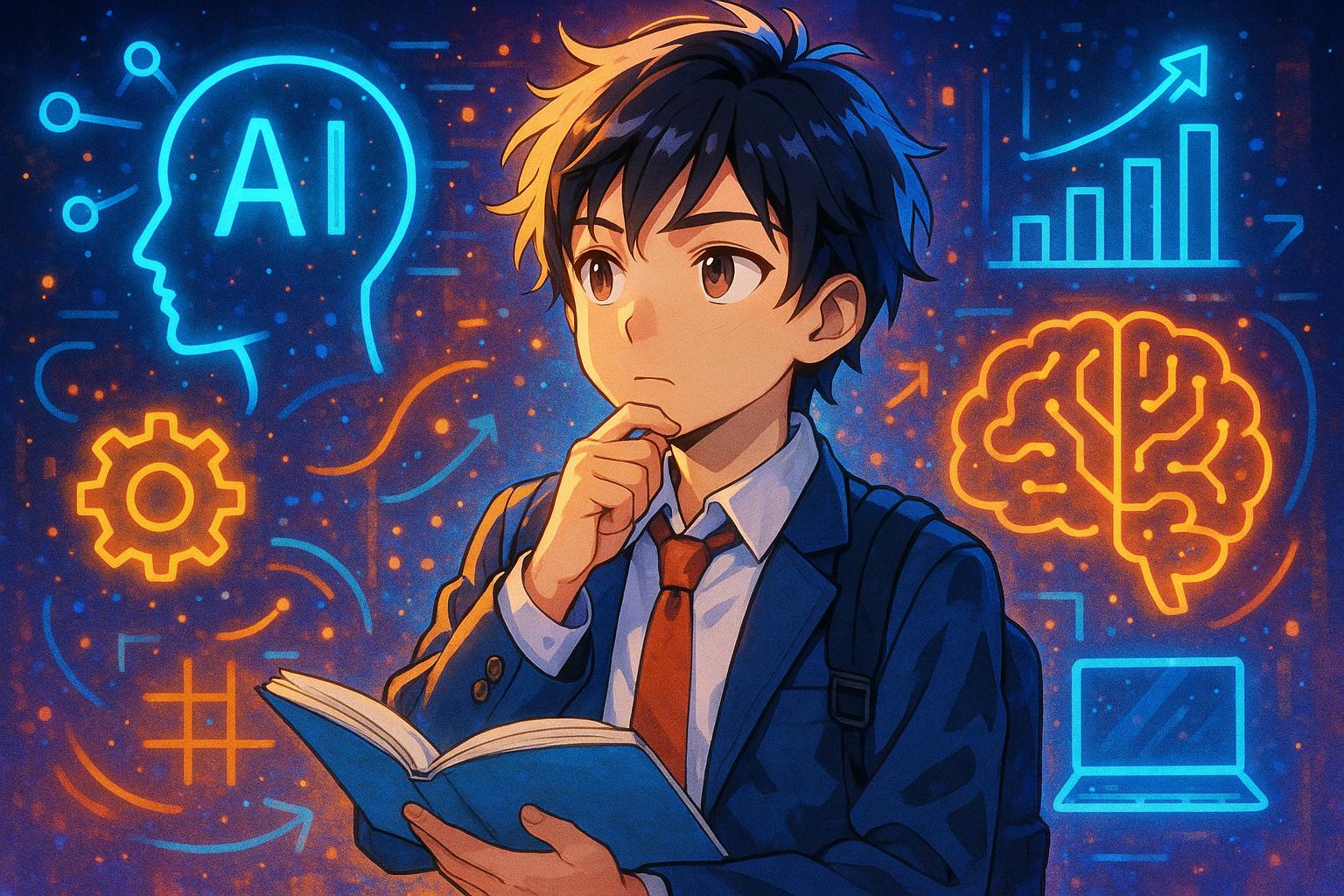Demis Hassabis, CEO of Google DeepMind, has been a prominent voice on the transformative role of artificial intelligence in education and societal progress. Recently, in a podcast interview, he articulated his belief that while foundational skills in science, technology, engineering, and mathematics (STEM) remain crucial, it is equally important for today's students to learn how to learn. This adaptability is particularly vital in an era marked by rapid technological change, including advances in AI, virtual reality, and quantum computing. Hassabis posits that understanding the workings of AI tools will enable young people to harness their potential effectively, preparing them for a future that is undeniably intertwined with these technologies.
Hassabis's advice calls for a dual approach: students should both master technical skills, particularly coding, and develop what he refers to as "meta skills"—the ability to adapt, be creative, and cultivate resilience. He suggested that teenagers immerse themselves in current technology, effectively becoming "superhuman" through expertise in using AI tools. This immersion, he believes, will equip them for a world where AI is a ubiquitous companion. Notably, he emphasised the importance of not neglecting fundamental skills, as these will serve as the bedrock upon which advanced competencies are built.
In a broader context, the discussion around AI's role in education has gained traction, particularly in light of recent developments in technology. Innovations in AI are increasingly being integrated into educational settings, raising both excitement and concern amongst educators and technology experts alike. While these AI systems have the potential to enhance learning experiences—providing personalized tutoring and support for underprivileged regions—the ethical implications of their deployment remain a significant topic of debate. Hassabis has expressed optimism about using AI to enrich education and combat inequities. He envisions a future where AI tutors can support children in areas lacking robust educational infrastructure, ultimately aiming to democratise access to quality learning.
However, the emergence of AI companions also raises pressing questions regarding their impact on mental health and social interaction. Hassabis acknowledges the potential risks associated with AI chatbots that may encourage unhealthy dependencies. He noted that his team has approached the development of such systems with caution. The focus remains on leveraging AI as a universal assistant capable of eliminating monotonous tasks and enhancing creativity, rather than simply providing hollow affirmations that could contribute to negative outcomes.
Further highlighting the need for responsible AI development, Hassabis recently emphasised in various interviews the importance of balancing innovation with safety. As the field inches closer to achieving artificial general intelligence (AGI), he advocates for rigorous safety protocols and ethical standards. He believes that AI can be a transformative agent, solving fundamental challenges in science and society, provided that its growth is guided by collaborative efforts to set clear objectives and ethical frameworks.
In conclusion, the reflections of Demis Hassabis underline a crucial inflection point in education and technology. For students navigating this evolving landscape, the focus on adaptable learning and the responsible integration of AI tools could well define their future prospects. As this generation grows up in an AI-native environment, their ability to harness these advancements while remaining grounded in fundamental skills may determine the trajectory of both personal and societal progress in the coming years.
Reference Map:
Source: Noah Wire Services
